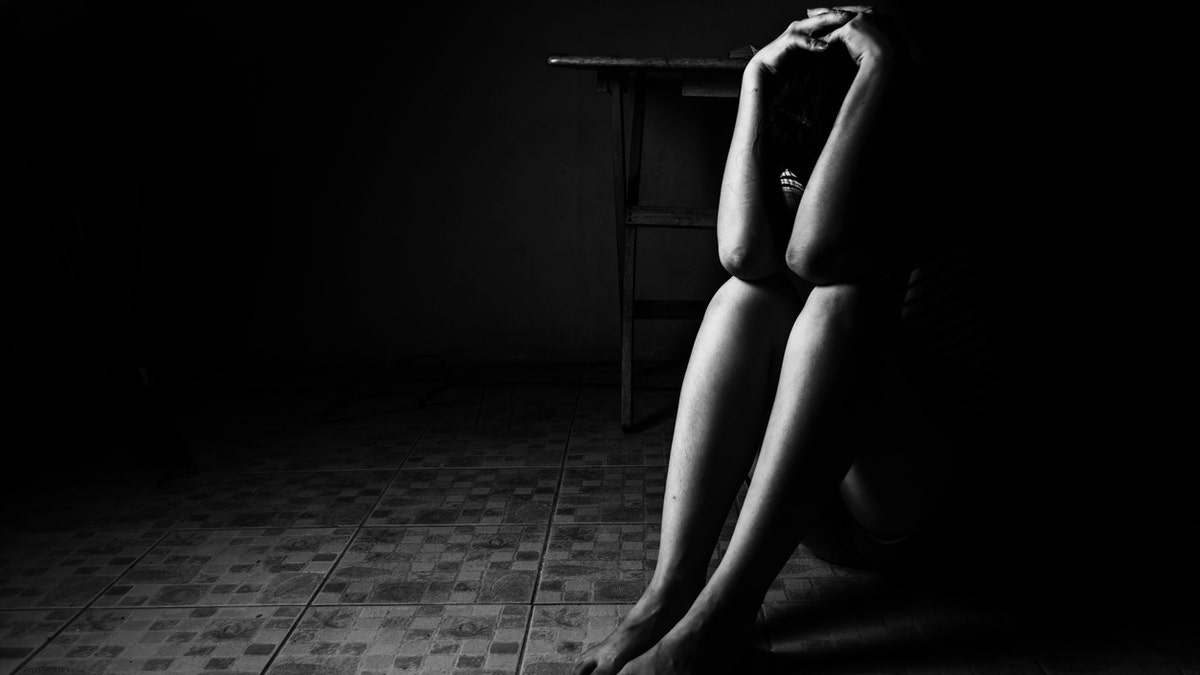
FILE (iStock)
Twenty nine years ago, my boyfriend's twin brother died by suicide. The loss was painful. But it felt even worse because it wasn’t a complete shock.
Joe was wickedly funny, fiercely smart, protective of me like an older brother, and poised to take on the world. He also was really hurting. And I am pretty sure I knew it. What I didn’t know was how to help, or what to say. Like many, I worried I might say the wrong thing and I didn't know just how important it was to reach out.
Unfortunately, I am not alone. Suicide claims 800,000 lives across the globe each year; and friends, colleagues, acquaintances and family surround each one of these lives. Many did not know how to help or what to say. Many did not understand the importance of reaching out. But Suicide Prevention Week is one week each year when we can all come together and help empower our communities to reach out to those in need.
The numbers reveal a story of a slow-rolling pandemic as lethal as heart disease. Every year, 1 million adults report trying to take their own life and more than 10 million seriously think about it.
The FOX News Rundown 9/18/2018
Ken Starr, former judge and independent counsel, writes in his new book "Contempt: A Memoir of the Clinton Investigation" that he considered perjury charges against the then-first lady Hilary Clinton, but ultimately decided not to because it was too difficult to prove. He discusses that decision with us.
In 2016, 44,965 people died by suicide in the United States alone. That is more people dying by suicide than from breast cancer. Outpacing homicides or AIDS, suicide is the second leading cause of death in people 15 to 34 years old, the third leading cause of death in children, and the crisis is getting worse not better: over 17 years, suicide rates climbed in nearly every state in the U.S.
Behind each statistic is a face, a friend, a family member, an acquaintance, or even someone we’ve lost touch with from our childhood or college. Reaching out may not prevent every death by suicide but it can prevent many, and it does.
Experts acknowledge that we are a long way away from fully understanding the complexities of suicide, but they also want all of us to know that there are things each of us can do, big and small, to look out for each other, to make possible the compassionate connections in life that can help someone who is suffering.
One of the most personally meaningful parts of my work at Facebook has been finding new ways to empower our community of more than two billion people to help friends in trouble. It’s been especially uplifting to see just how much people on Facebook want to help friends in trouble, and hugely rewarding to support them. Technology can be one of the tools to break down the barriers that prevent people from getting help.
Too often, just like I was 29 years ago, people want to help and don’t know how.
Facebook has a unique role to play by connecting people in distress with people who can support them. That’s why we give people on Facebook resources to respond when their friends are expressing their darkest of moments.
It’s simple steps like offering suggested text developed with suicide prevention experts to start a supportive conversation or guidance on being an available listener.
It is making it easy for you to provide your friend information about local help lines – thanks to nearly 100 partners around the world.
If you see something concerning on our platform and you believe someone is in imminent danger, you should call your local emergency services immediately.
If you want to contact the person directly, we have created tools for you to reach out. And you can send us a report. Working with our community and emergency responders around the world, we are getting people help faster thanks to artificial intelligence that helps us better detect posts or live videos where someone might be expressing thoughts of suicide.
As of March, we had worked with first responders on over 1000 wellness checks based on reports we received via our proactive detection efforts.
After more than a decade of developing tools to reach and support people, we know we have a unique opportunity to step up and find new and innovative ways to help prevent suicide because. We all depend on community. Joe's death remains devastating, but working to help people make these important connections has been a salve and gives me hope.
If you or someone you know may be suffering from thoughts of self-harm or suicide, please contact the National Suicide Prevention Lifeline at 1-800-273-TALK (8255).








































